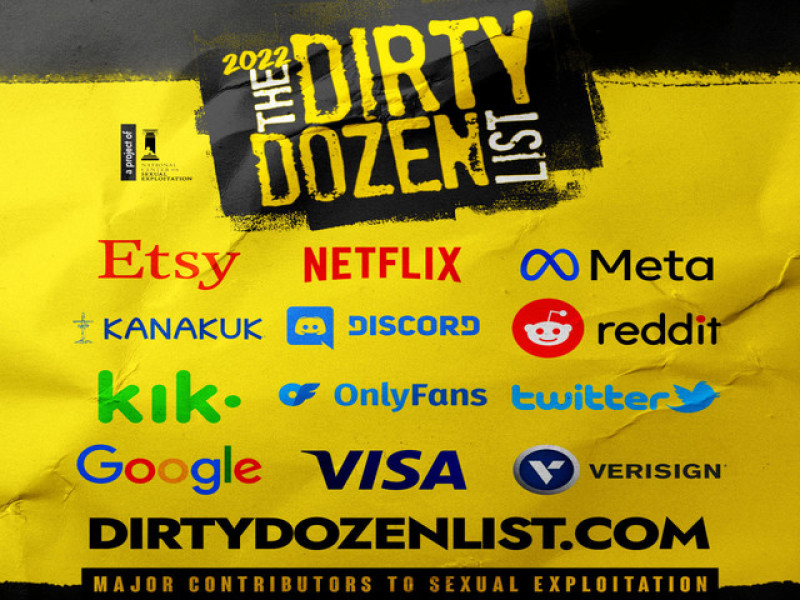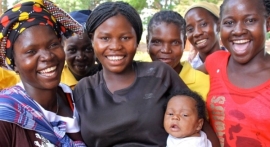
The National Center on Sexual Exploitation released its annual "Dirty Dozen List' with the goal of "advocating crucial changes toward corporate social responsibility."
In an article published through The Christian Post, Lina Nealon, the director of corporate and strategic initiatives, said the 'Dirty Dozen List' was composed of companies that are believed to "fuel sexual exploitation through their business practices, policies, and products." However, the list does not include businesses and enterprises being monitored by NCOSE on making improvements on their business practices.
"Children and marginalized people, in particular, are being harmed at record numbers due to increased vulnerabilities created by the pandemic - yet corporations continue watching profits skyrocket without prioritizing user protection and well-being," Nealon said in her statement.
Here is the 'Dirty Dozen List' tagged by NCOSE and how these entities fuel and profit from sexual exploitations:
Discord adds to the list for it "consistently fails to address the extensive sexually graphic, violent, and exploitative content on its thousands of private and public channels," according to NCOSE. Citing Discord's inadequate age verification leads to lots of children being exposed to these sexually graphic contents.
Etsy ended on the NCOSE's list this year for selling "pornographic merchandise, image-based sexual abuse, misogynistic apparel, and sex dolls - including ones resembling children and young teens."
Google had improved according to Jake Roberson, vice president and director of Communications at NCOSE yet still on the list for its search engine that leads to "sexual abuse content, including graphic videos and images of sex trafficking, child sexual abuse, and racist and rape scene pornography."
Kanakuk made the list despite being known as one of the largest Christian sports camps due to "multiple reports that the camp covered up multiple incidents of sexual abuse," according to NCOSE.
Kik has been "flagged by the media, law enforcement as a hotbed for grooming, child sexual abuse, pornography, and child sexual abuse material," said Stephany Powell, the director of Law Enforcement Training and Survivor Services at NCOSE.
Meta as cited by NCOSE to lead tech industries on implementing online safety standards however allegedly being "primary places for grooming, sextortion, child sexual abuse materials, sex trafficking, and a host of other crimes and ills."
Netflix received a spot for NCOSE's list due to "rampant sexual objectification and glamorization of abuse" in its content. According to NCOSE, it also fails to address calls from influencers and advocates to stop "particularly egregious films".
OnlyFans is a platform that "encourages grooming and pimping through its referral system, which functions as a kind of 'multi-level marketing scheme," according to NCOSE.
Reddit discussions "involve users sharing sexually explicit images of romantic partners, oftentimes without the consent of the other person."
Twitter became a hub for "pedophiles and other predators to trade in criminal content such as child sexual abuse and nonconsensual pornography," said NCOSE.
Verisign hopped on the list because it "manages websites that include child sexual abuse material yet refused to implement Thick WHOIS," NCOSE argued.
Visa made the list for re-allowing cards to be used on Pornhub despite "reports found the pornography site profited from the exploitation of rape and abuse victim," according to NCOSE.
















